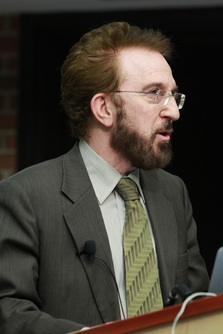
But despite all the interest, there's still an incredible amount most of us citizens don't know about the world of medicine. Not just in the science, but in the actually application of it. Sure, many of us have had the experience of going to the ER, or visiting a sick loved-one in a hospital room down a long fluorescent corridor, and yet, when we actually do experience these moments of direct interaction with the system, what goes on around us, and the reasons things occur, can seem completely baffling. What goes on behind those swinging doors? What are the doctors scribbling down? What is the rational that has us, or our family-members passed from one doctor to another?
There are more general issues too within health care we might ponder. Why are the wait times so long? Why is it that despite the best-attempts on the part of our provincial governments, health care costs keep climbing far above the rate of inflation, and all to maintain seemingly the same level of service?

Airing on CBC Radio One since 2007, White Coat Black Art, delves into this opaque world, demystifies the culture and practice of medicine, and examines some of the debates and issues occurring within the profession today.
In everything from the impacts of the long-hours residents are forced to work, and cases of patient-directed racism in the ER, to the fear of making mistakes as a physician, White Coat is an engaging journey into an area that, like it or not, almost all of us will interact with at some point in our lives, likely spending our final days navigating its bureaucratic and professional embrace.
In addition to hosting White Coat, Black Art, Dr. Brian Goldman can also be heard explaining the latest in health news and science as the resident house doctor on CBC Radio One drive-home programs across the country. He has also found time to author two best-selling books, The Night Shift: Real Life in the Heart of the ER, and most recently The Secret Language of Doctors.
I phoned Dr. Brian Goldman to speak with him about his beginnings in medicine, his path into becoming one Canada's best known health journalists, and to ask him about what he sees as some of the most pressing issues within the medical profession today.
Listen to our interview below or click here:
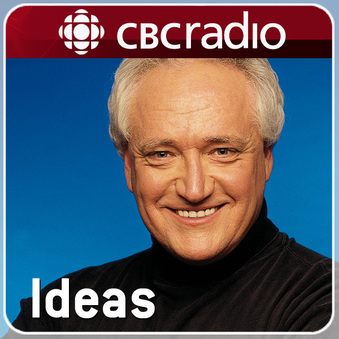
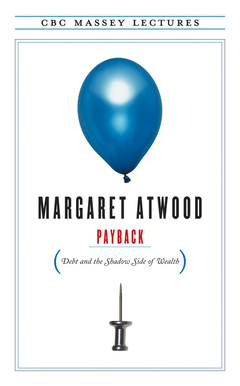
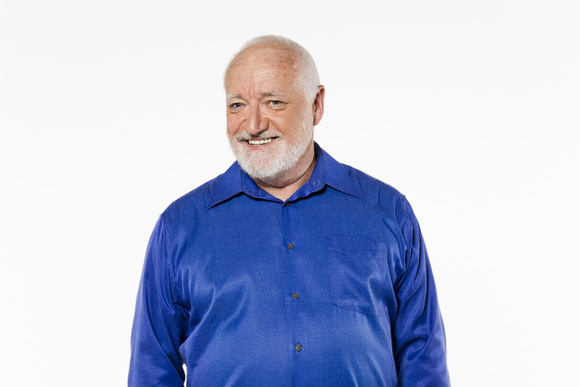
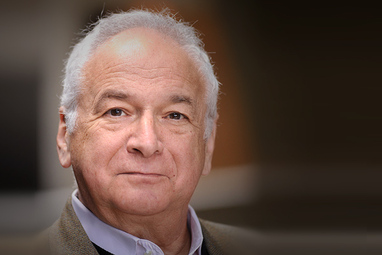

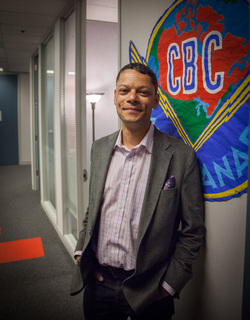
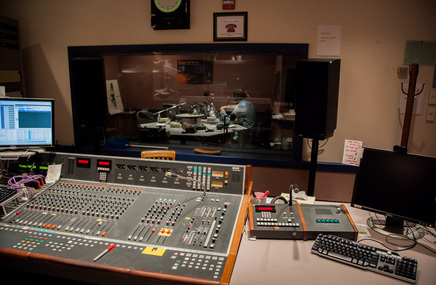
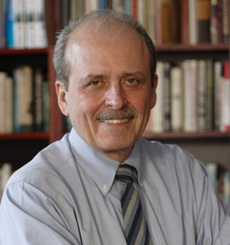

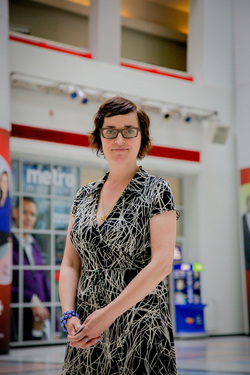
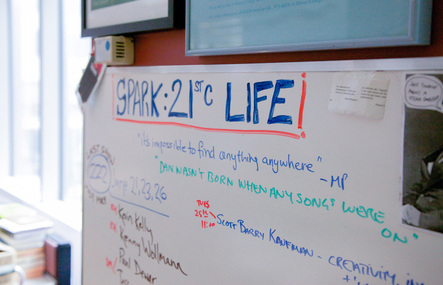
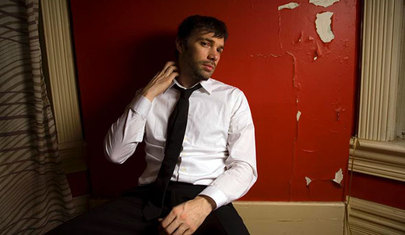
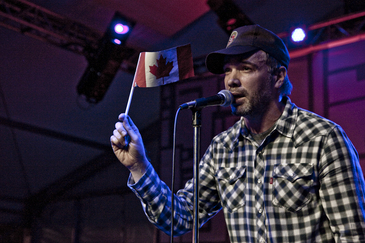
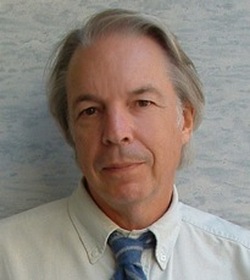
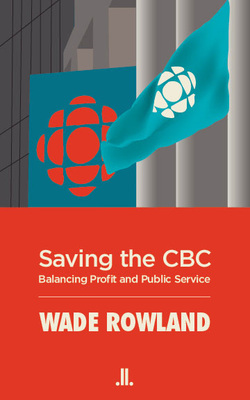
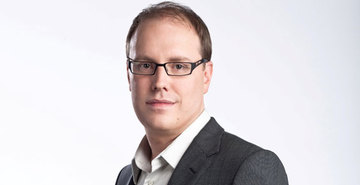
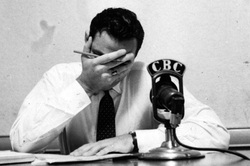
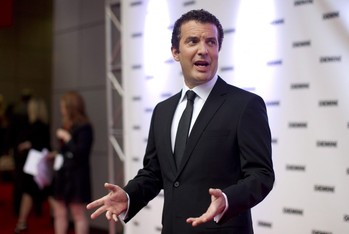

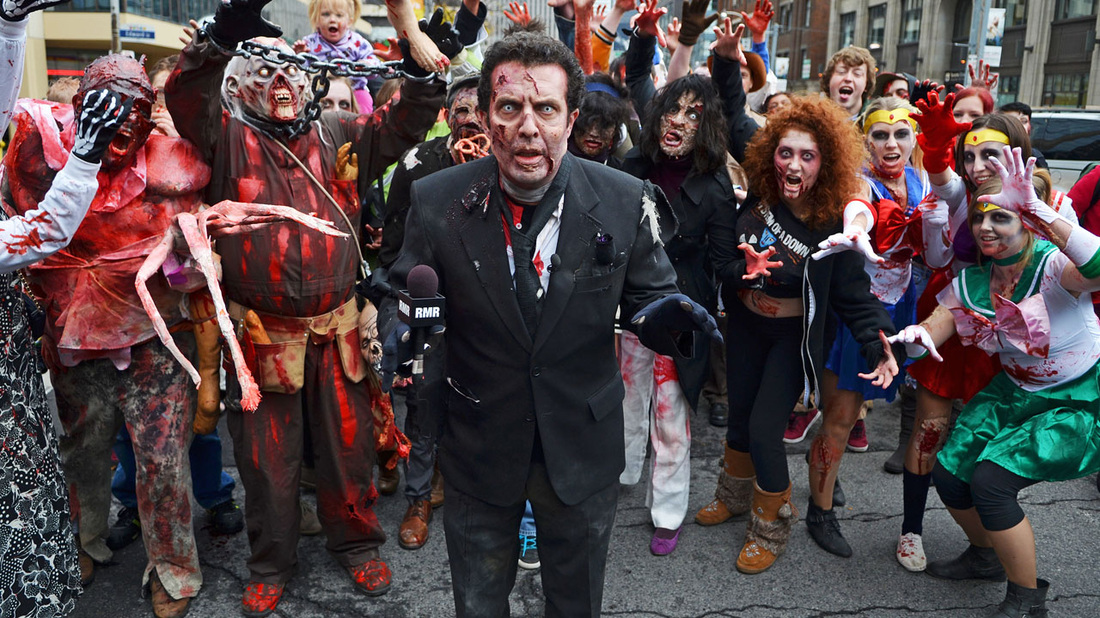
 RSS Feed
RSS Feed